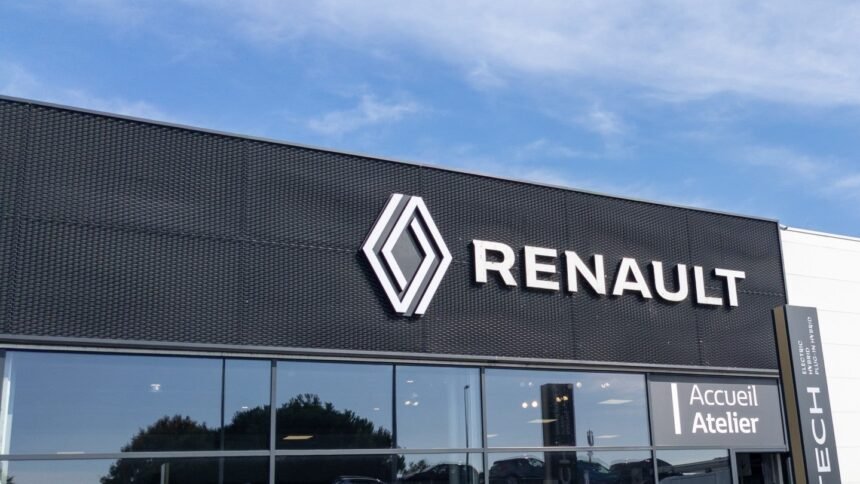Nissan Motor is reportedly planning to reduce its stake in its French partner Renault in order to focus more on investing in new vehicle development. In an interview with Nikkei, Nissan CEO Ivan Espinosa emphasized that despite a decrease in capital and boardroom connections, the collaboration between the two automakers would remain strong.
The long-standing partnership between Nissan and Renault, which has spanned over two decades, recently saw an amendment to the alliance agreement. This amendment allows for a reduction in the required cross-shareholding ratio from 15% to 10%, aiming to enhance the flexibility of both parties.
The sale of a 5% stake in Renault by Nissan could potentially generate around Y100bn ($640m) at current market prices, according to Reuters. Currently, Nissan holds a 15% stake in Renault, while Renault’s stake in Nissan, held in a French trust, has been gradually decreasing since 2023 to achieve a balanced equity structure between the two companies.
Although no definitive decisions have been made yet, Nissan stated that the proceeds from a potential share sale would primarily be allocated towards investments in product development. This strategic move comes as part of Espinosa’s new business strategy named “Re:Nissan,” which includes plans to cut 20,000 jobs and reduce the number of automobile assembly plants globally from 17 to 10 by March 2028 in response to a net loss of Y670.8bn ($4.6 billion) for the fiscal year ending in March 2025.
Additionally, Nissan is planning to secure up to JPY1tn (US$7bn) through new corporate bonds and asset sales to address bond redemptions and restructuring expenses. Meanwhile, Renault’s CEO Luca de Meo has announced his decision to step down from his position after leading the group for five years, with his departure effective from 15 July.
The board of directors at Renault has initiated the process of appointing a new CEO to lead the company moving forward. This strategic realignment and restructuring within the Nissan-Renault alliance reflect the evolving landscape of the automotive industry and the commitment of both companies to adapting to new challenges and opportunities in the market.







